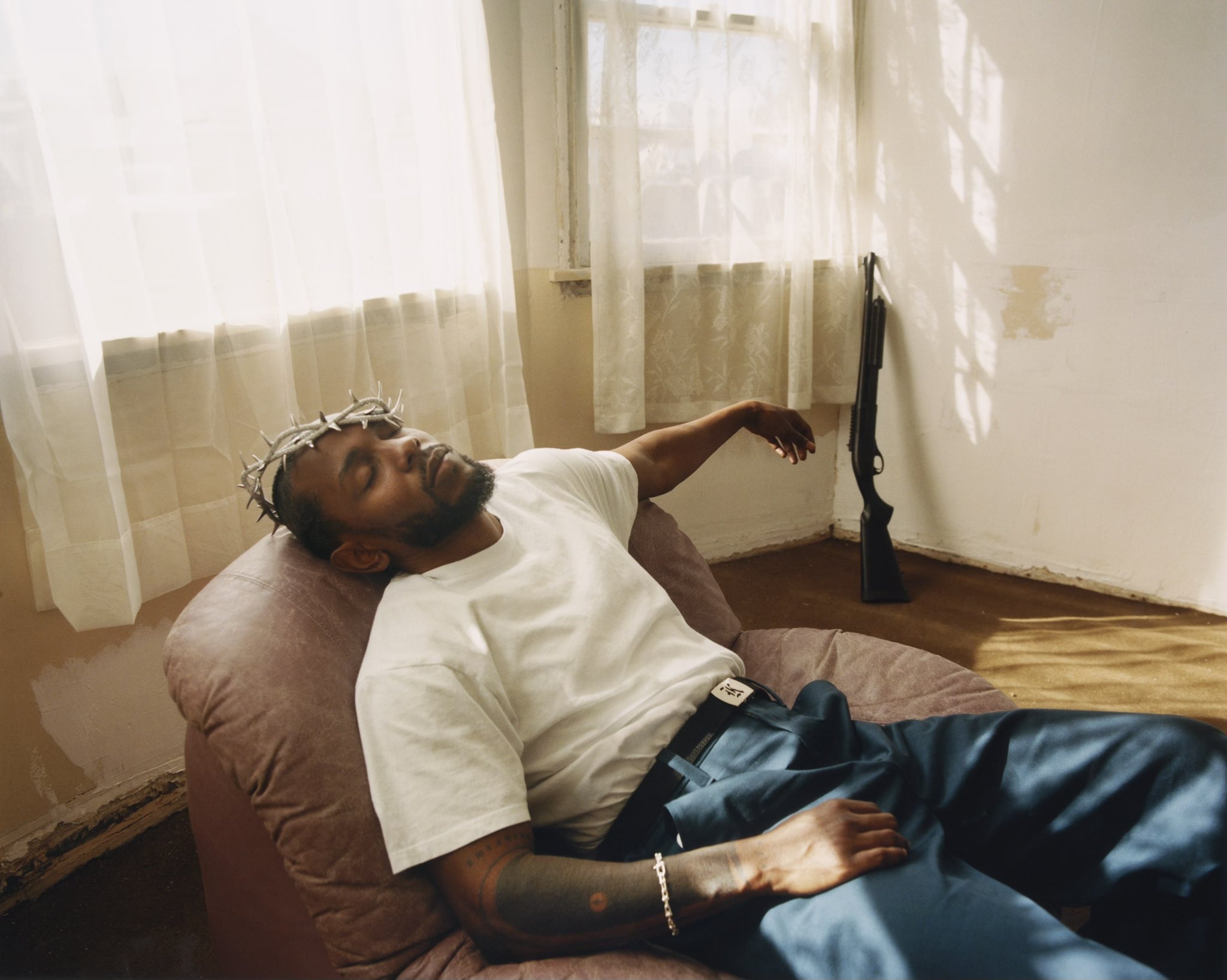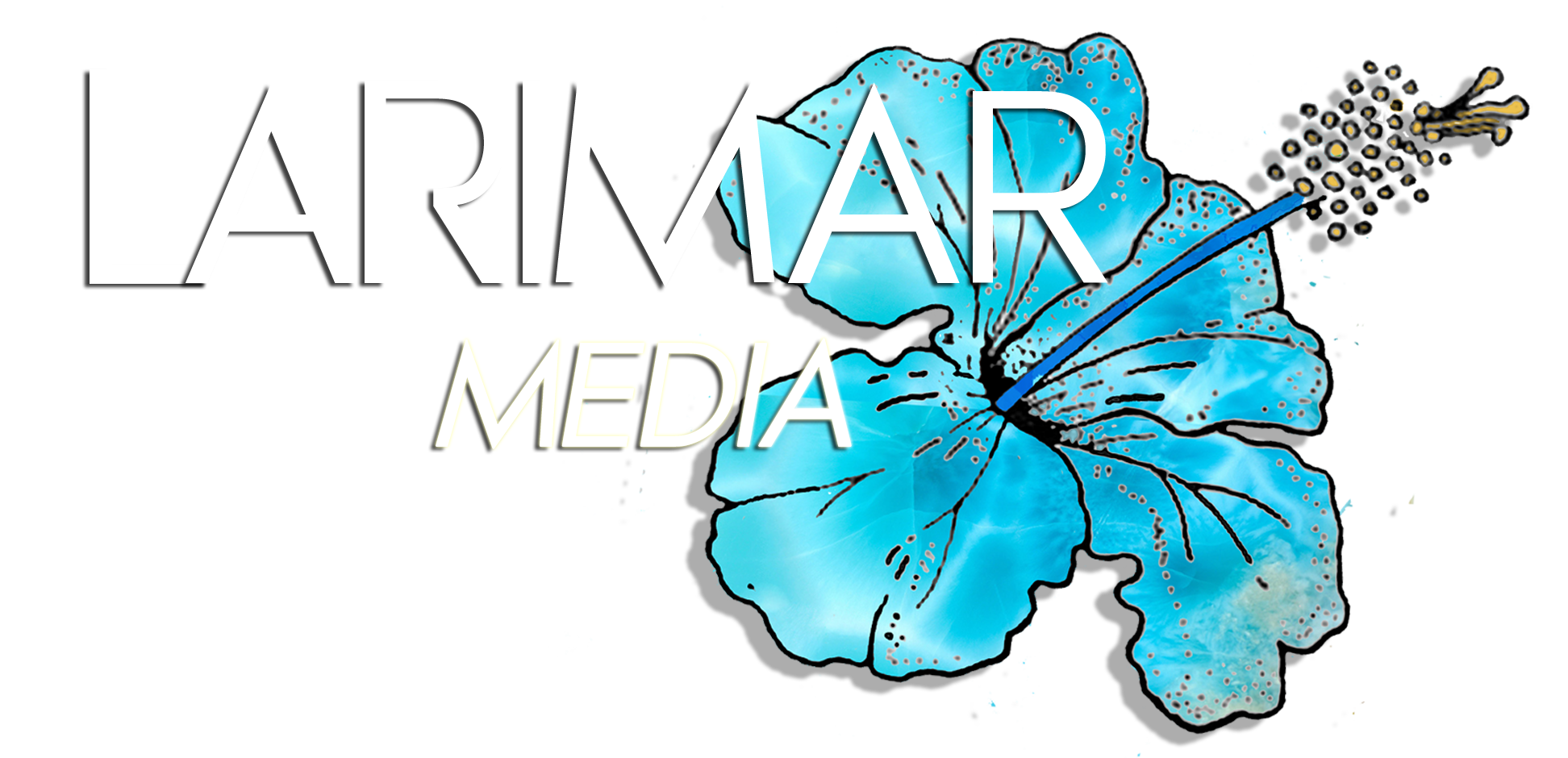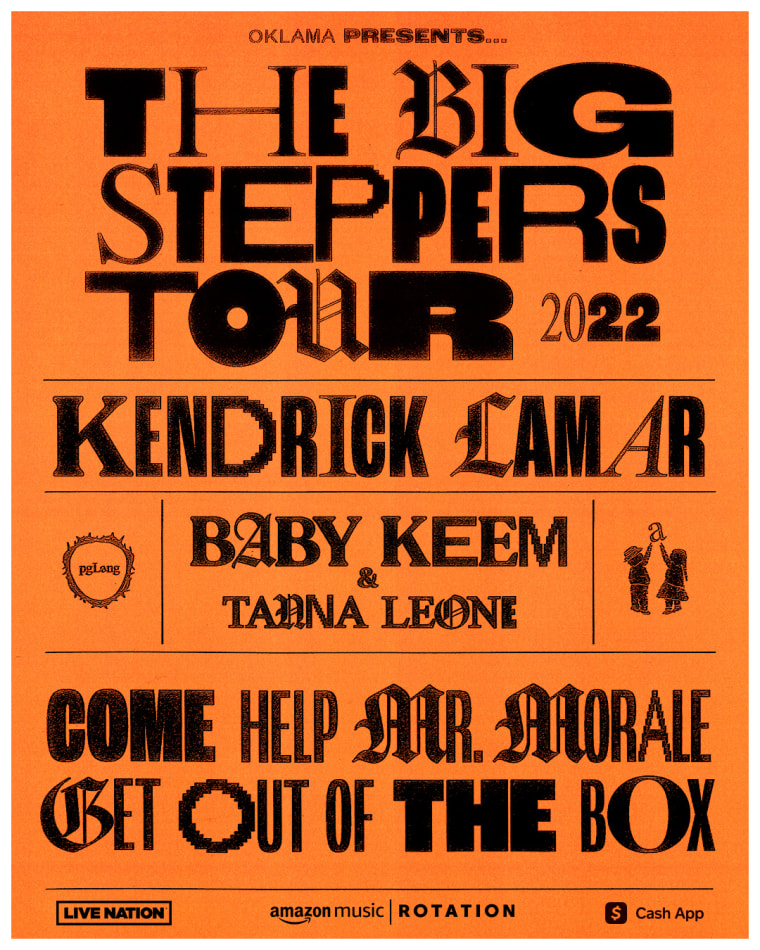
“I CHOOSE ME, I’M SORRY”
It has been a long time since Kendrick Lamar released his Grammy and Pulitzer Prize winning album, DAMN — 1,855 days to be exact. During his extensive absence, as detailed in his emotional letter on his Oklama website, Kendrick went through a sea of emotions that impacted his decision to stay out of the music scene, simply spending his days away from his phone and taking rides on his beach cruiser.
During that five-year hiatus, Kendrick conjured up a “double album” that became the most anticipated album release in quite some time — Mr. Morale & the Big Steppers. The double album is air quoted because it only has nine songs on each album and has a run time of just over an hour, which seems to be the typical length for a normal album.
On the first song, “United in Grief,” Kendrick starts off by saying, “I been goin’ through something — 1855 days.” He spends the rest of the song essentially catching us up from hiatus. It starts out upbeat, just rhyming over a piano with a fast, multisyllabic flow explaining thoughts he discovered after obtaining “a therapist.” The song takes a fast turn after the drums come in, as he discusses personal ways of dealing with grief, which include money, cars and chains that once helped him forget the trauma he experienced in his life.
Kendrick switched up the energy on “N95,” which seems to be his lyrical assault against the hip-hop climate. It is of the same cloth as his “Family Ties” verse, essentially reasserting his dominance in rap.
“Take off the foo-foo, take off the clout chase, take off the Wi-Fi
Take off the money phone, take off the car loan, take off the flex and the white lies
Take off the weird-ass jewelry, I’ma take ten steps, then I’m taking off top five
Take off them fabricated streams and them microwave memes, it’s a real world outside”
“Worldwide Steppers” features the first guest appearance of the album, as Kodak Black surprisingly narrates a monologue before the song starts. The lyrics show Kendrick questioning himself, explaining his writer’s block, guilt from having sex with white women and even his TDE food drive causing heart issues for some of those who attended.
“Die Hard” features Kendrick taking a more melodic approach rather than rapping. The upbeat, soulful track features beautiful lyrics and melodies from singers Blxst and Amanda Reifer.
The idea of the album being a “therapy session” really begins with “Father Time,” featuring Sampha. The track begins with Kendrick denying the advice from his girlfriend, Whitney Alford, telling him to go to therapy. He proceeds to rap a very emotional track about how the father’s forcing masculinity upon their sons leads to mental health problems and even creating violent communities.
The emotions reach the pinnacle on The Alchemist produced “We Cry Together.” The track is an intense, verbally brutal bout between two lovers. Kendrick Lamar and Taylour Paige take turns screaming insults and are essentially taking turns seeing who can say the most insulting things to each other. It draws comparisons to Eminem’s track, “Kim,” but it is quite obviously less disturbing. It is framed as if the fight is pent up anger that could have been resolved from going to therapy, and even ends saying “stop tap-dancing around the conversation.” Could the conversation be therapy?
That intense moment in the album is ended by the mellow finale to disc one, “Purple Hearts.” The track features Summer Walker and Wu-Tang Clan member, Ghostface Killah.
The next disc begins with “Count Me Out.” The song starts off with a female voice saying, “Session 10 — the breakthrough.” It seems that is a therapist who finally gets Kendrick to break out of his reluctant shell, as he begins to fire off criticisms of the world and himself.
“Crown” describes the burden Kendrick Lamar feels from wearing the imaginary crown of Hip-Hop’s top artist and the expectations that it brings. Kendrick’s delivery in the song is more conversational than musical. He also realized that Hip-Hop fans are very fickle, and their expectations are constantly changing, “with the seasons.” For that reason, he “can’t please everybody.”
“Silent Hill” features a catchy hook from Kendrick along with lyrics about the fake relationships that money and success bring. Kodak Black makes his most impressive contribution to the album, effortlessly floating over the beat collaboratively produced by Sounwave, Boi-1da and Beach Noise.
The next voice heard is Kendrick’s cousin, Baby Keem. He arrives on “Savior Interlude” and delivers an emotionally filled verse that unloads trauma that he experienced when he was younger, and even though he is enjoying his new-found riches, life’s trials and tribulations still find him.
“Savior” is also accompanied once again by Baby Keem. Kendrick Lamar discusses the responsibility that rappers and athletes are unfairly given to be heroes, role models and even “saviors.” The topics discussed include racism and the implications at all levels from the COVID-19 breakout. Kendrick explains how celebrities are unfairly pinned as posterchildren for these movements, just as Kyrie Irving was seen as someone who championed the anti-vaccination community.
Kendrick takes the already personal album and turns it up a notch with “Auntie Diaries.” He talks about his aunt who underwent a sex change and how his maturity has helped him accept her decision and even support it. He also recalls how as a child/teenager, the concepts of homophobia and transphobia were not accepted like they are today, even mentioning how him and his friends openly used the word “f*****” without realizing the severity of the word. He parallels this with the use of that word with a white woman (white people in general) using the word “n****.” This is likely a reference to his appearance at Hangout Fest when he brought a white woman on stage who said n**** when he was performing “m.A.A.d city,” eventually removing her from the stage.
The emotional peak of the album is “Mother I Sober.” If this is indeed a therapy session, this is the session where the therapist gets to the root of the problem, which results in the patient, in this case Kendrick Lamar, discussing some of the most triggering emotions he has ever endured. He reveals his guilt from cheating on his one-time fiancé, being sexually abused as a child and how his mother was also abused when she was younger. Kendrick also alludes to that he resorted to substances (not specified whether they are drugs or alcohol) to help him forget the pain these thoughts bring him. It is his most vulnerable music effort since To Pimp a Butterfly’s “U.”
“Mirror” concludes the second disc and album with the phrase, “I choose me, I’m sorry.” I think that is the perfect summary for the entire album. As it goes without saying, Kendrick’s artistic direction for this album was totally different from any project he’s ever had. I don’t think he cared whether people liked this album or wanted to hear it. He made this album with the intention of getting these emotions off his chest. It was not for the fans—it was for him. It was, quite literally, therapy. Kendrick Lamar has always been an artist that expresses his emotions musically but it has never been this blatant. He chose himself, and it led to his most vulnerable effort to date.
Simply put, this is the biggest sonic leap he has taken in his career. One of the most impressive aspects of Kendrick’s career is the sonic diversity on each album. Section.80, good kid, m.A.A.d city, To Pimp a Butterfly, and DAMN. all tell different stories and sound completely different. However, they all contain similar rap elements that tie his discography together and have developed a signature sound for him.
Mr. Morale & the Big Steppers is a complete 180. It sounds like an entirely different artist. A sonic leap of this magnitude has not been done since Kanye released Yeezus in 2013. Quite honestly, this drastic sonic shift and focus is reminiscent of Prince. This decision displays that Kendrick Lamar is clearly focused on challenging the sonic barriers of Hip-Hop music.
The idea for making this project a double album works brilliantly. Disc one is Kendrick’s best job at relating to the listeners and explaining how we are all “united in grief.” Disc two details how he must use therapy to deal with his own demons. His decision with therapy freed his conscience with traumas and guilts that have plagued his entire life.
Artistically and creatively, Kendrick Lamar has reached a level that no rapper has ever touched. Mr. Morale & the Big Steppers is the pinnacle of him challenging the confines of what is considered rap. With that being said, this album was easily his most difficult to ingest and understand. It takes more than one listen to fully grasp his intentions and appreciate the entire body of work — and that is perfectly okay. Kendrick gave us an album that forces us to listen and experience all the emotions he felt while composing the album.
As Kendrick Lamar heads on to his newest endeavors with pgLang, we can only hope he brings the same focus and creative energy that turned TDE into a music powerhouse. Mr. Morale & the Big Steppers is one hell of a stamp to end his run with the legendary label and only continues to prove that Kendrick is on a different universe than the rest of Hip-Hop.
STAND OUT TRACKS: “Die Hard” (feat. Blxst and Amanda Reifer), “Purple Hearts” (feat. Summer Walker and Ghostface Killah), “Count Me Out”, “Silent Hill” (feat. Kodak Black), “Mother I Sober” (feat. Beth Gibbons)


